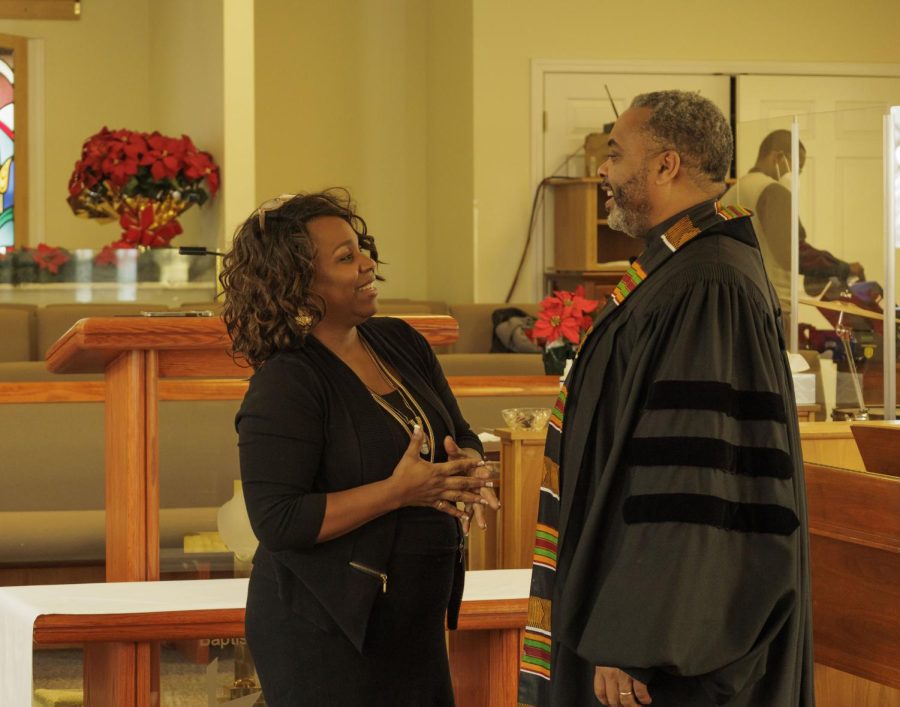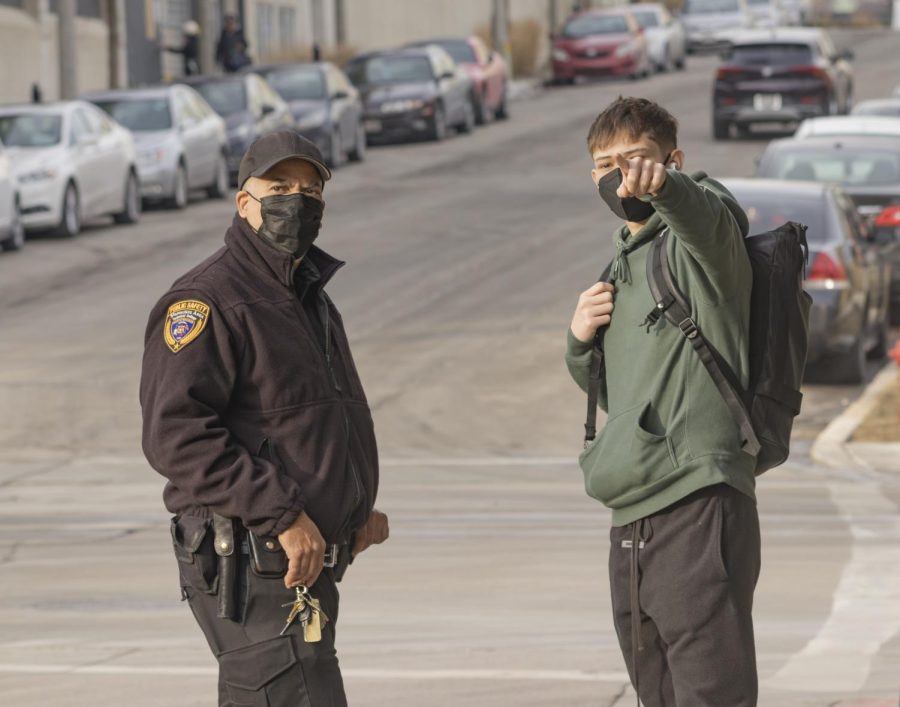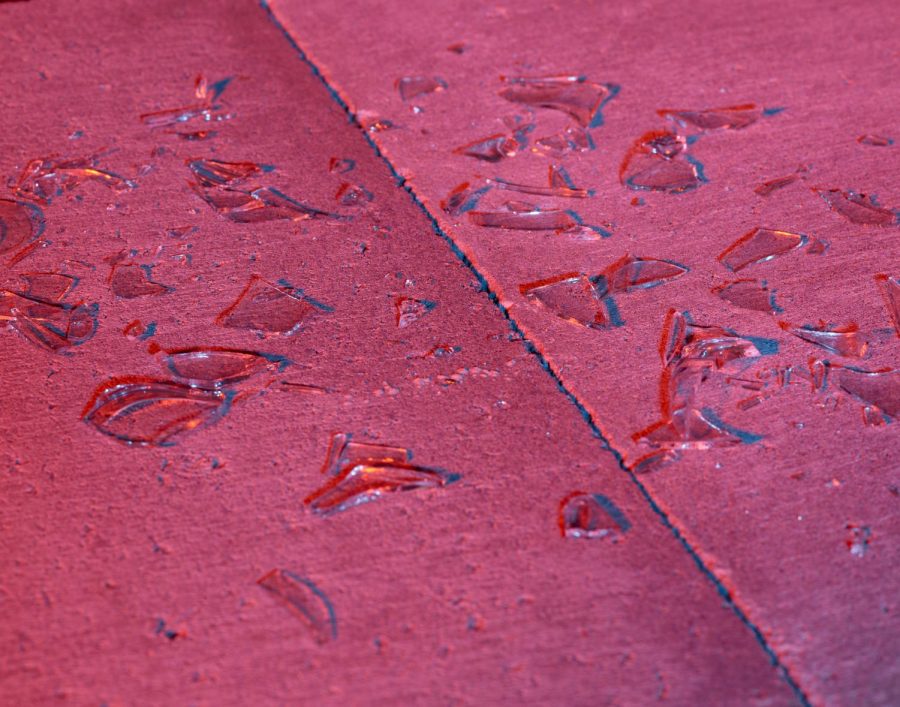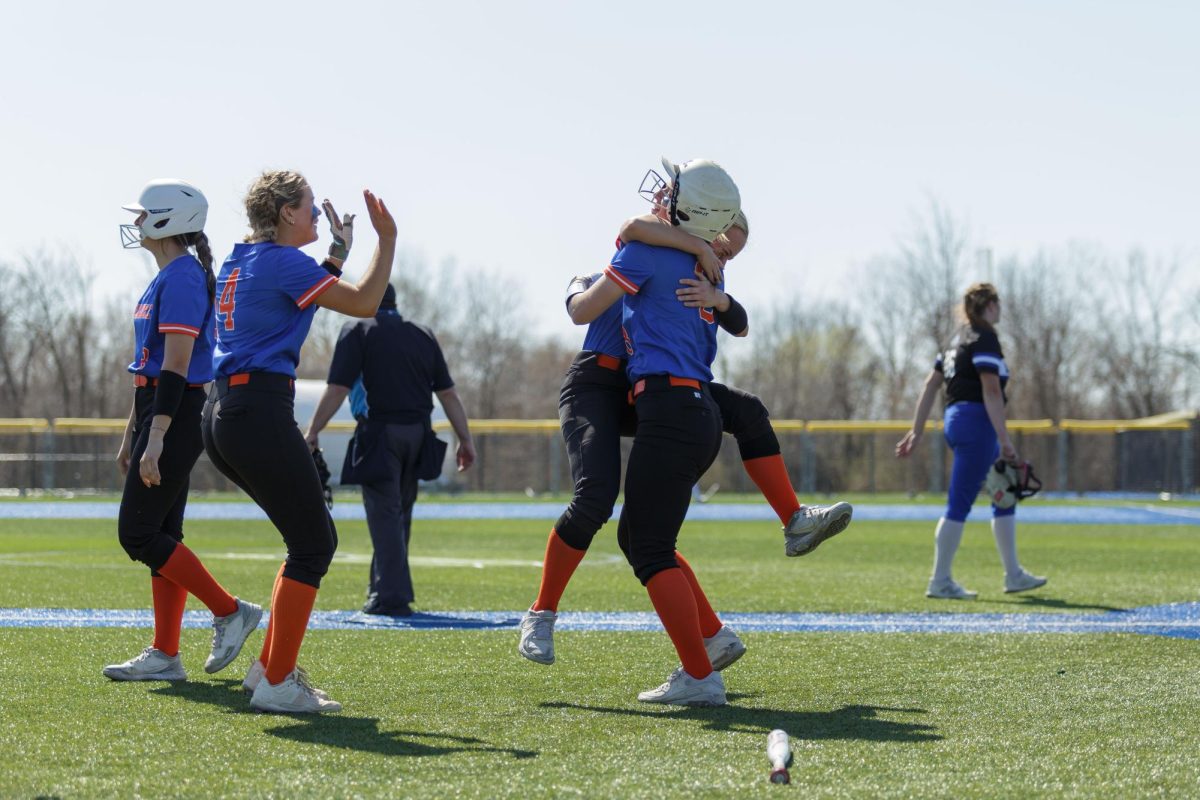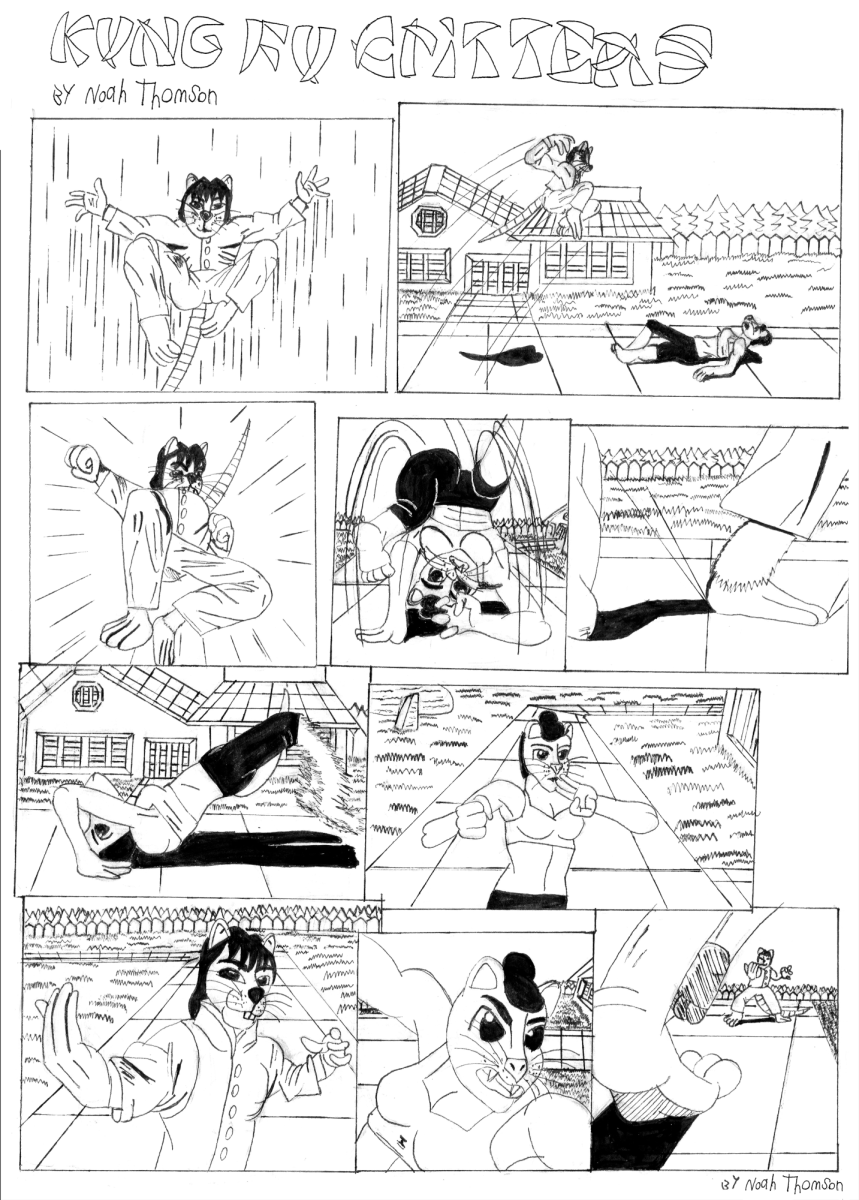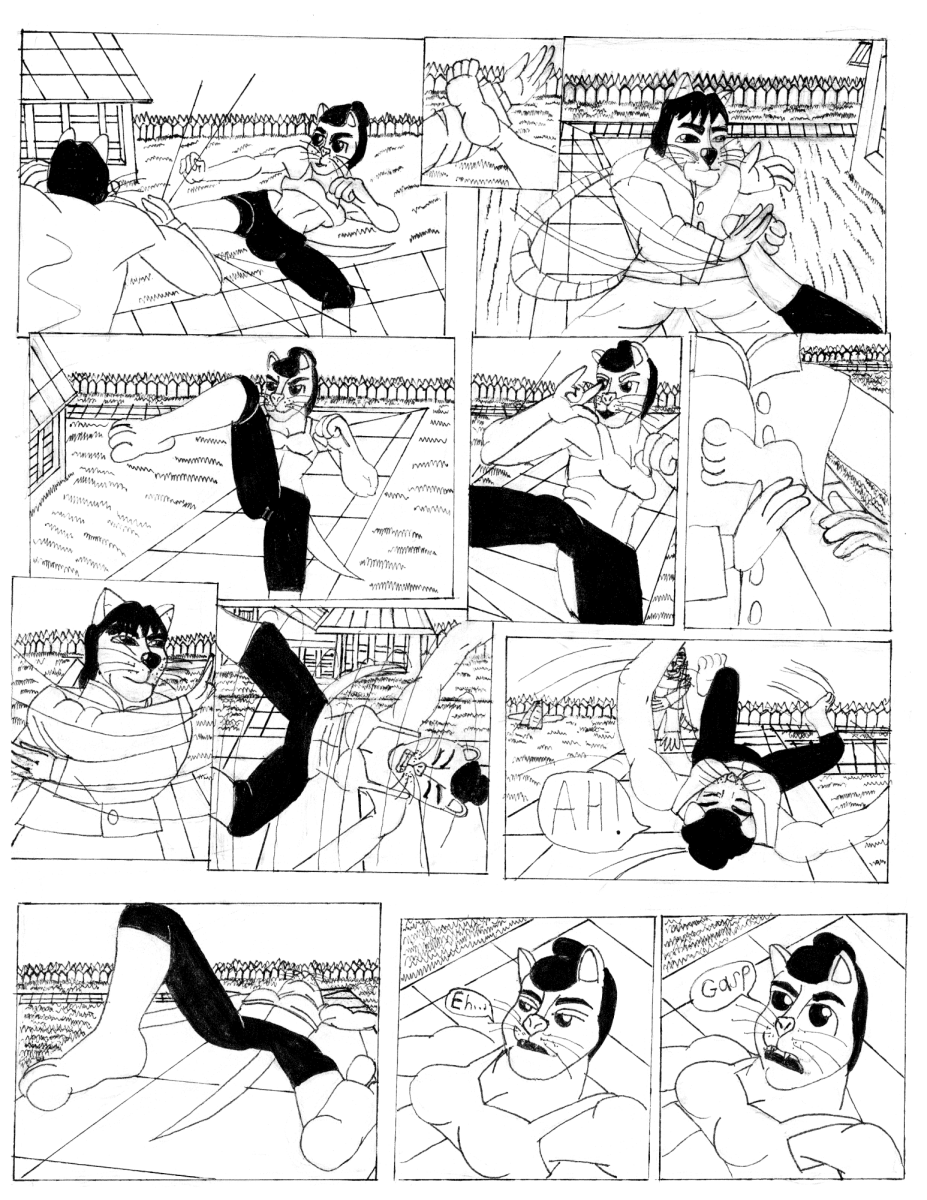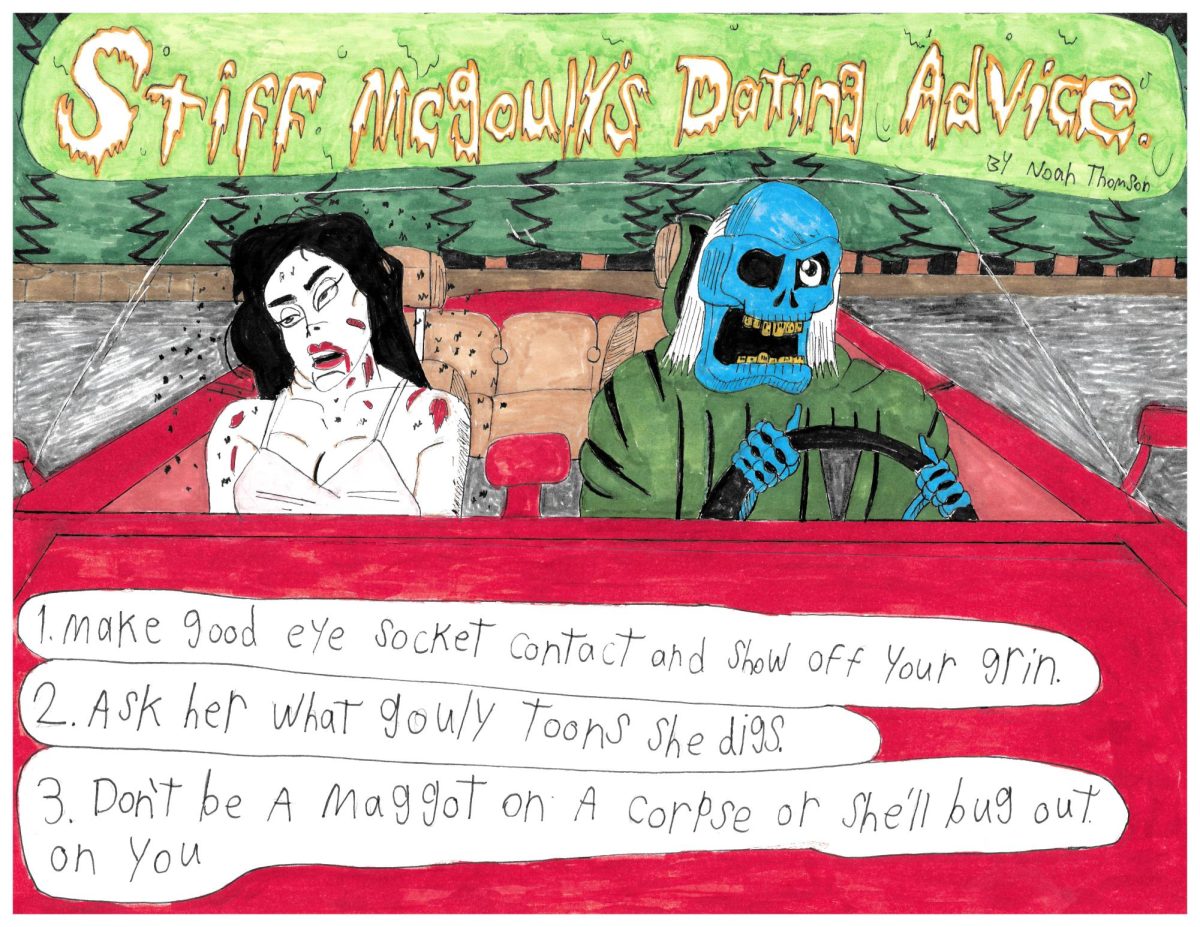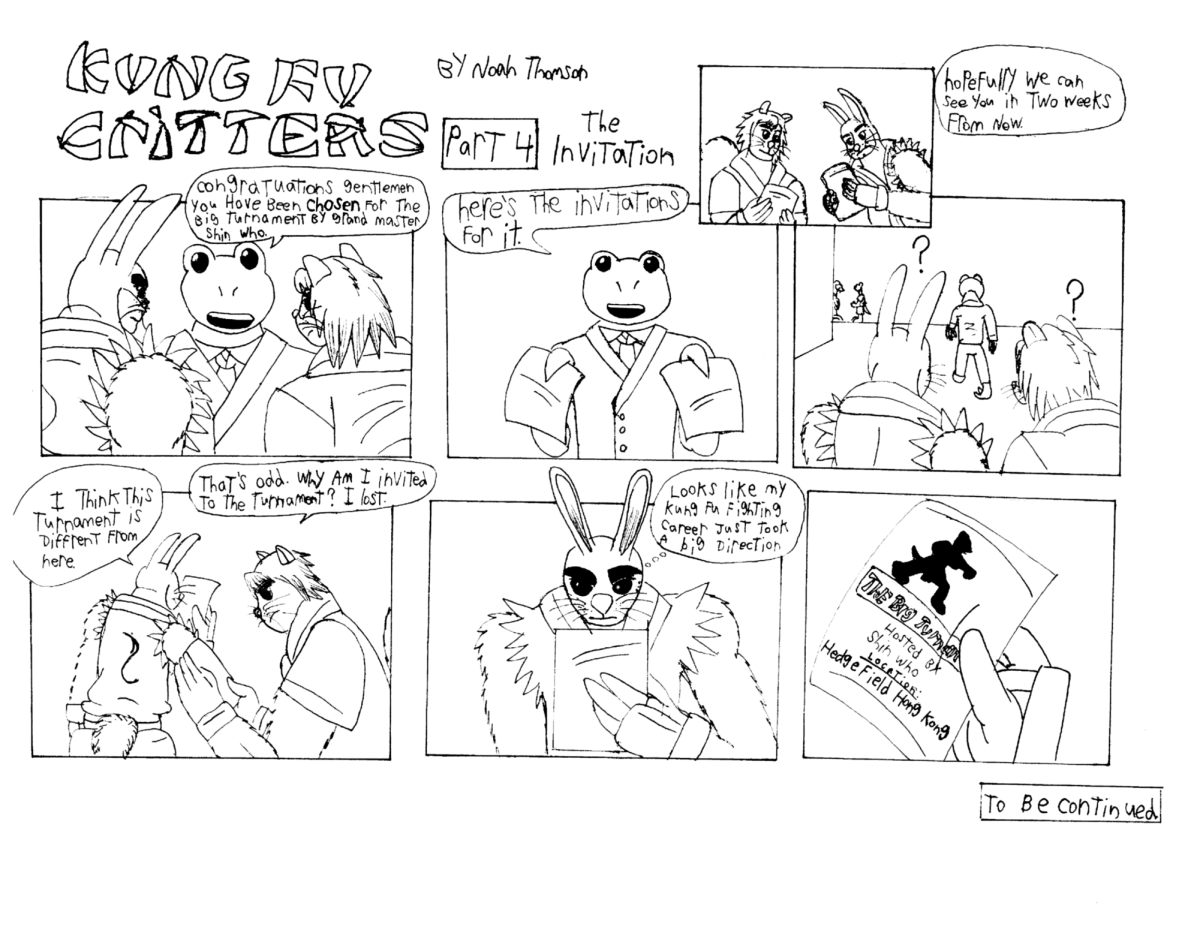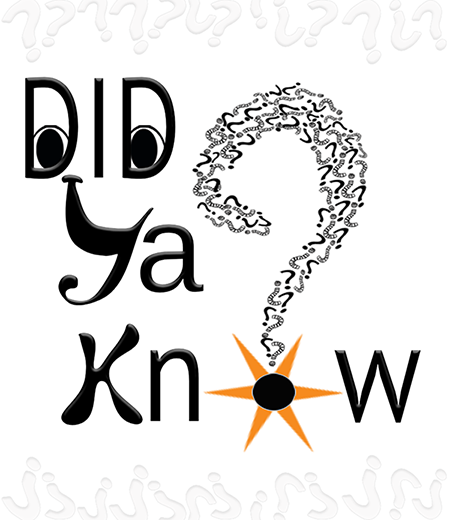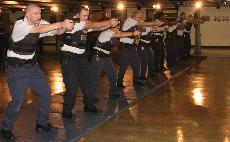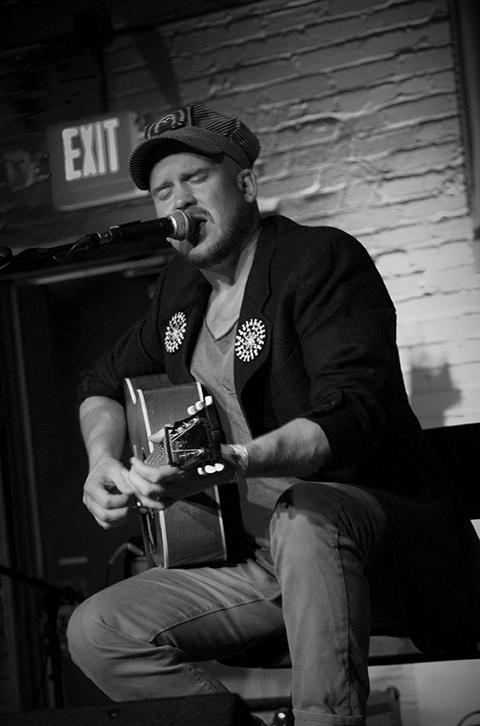Many people have dreamed of someday earning the honor of becoming a police officer, but for the qualified few, that dream becomes a reality at MATC’s Oak Creek Campus. The Criminal Justice – Law Enforcement program is offered at Mequon, Downtown Milwaukee, as well as Oak Creek. However, the College Certification Track Training (commonly known as the Friday Academy, or Friday Program) is offered only at Oak Creek.
“The Friday Program is designed to meet all of the requirements of a Wisconsin Police Academy,” Tim Talaska Criminal Justice – Law Enforcement Coordinator and Instructor said. According to Talaska, this is a certificate program that is designed to coincide with the Criminal Justice program. Upon completion of the Friday Program, the student becomes a certifiable police officer.
Becoming certifiable “means if they get hired by a law enforcement agency in Wisconsin,” said Talaska, “that agency does not have to send them for further formal training.”
Many police departments now require an applicant to be certifiable, not wanting to have the cost of sending someone
to the police academy on the department.
According to Vince Vitale, Associate Dean, Protective Services, instructors must be state certified to teach the academy portion. Consequently, many instructors have duel certification in order to teach for both the technical college system and for the Friday Academy.
There’s various equipment to aid the student in the training, according to Vitale. These include a driving track with about eight fully-equipped police cars, a firearms range, and a tactical shoot house, which “is a live fire building,” Vitale said.
Vitale describes the tactical shoot house as a 1440 sq. ft. ranch house with nine rooms. All the rooms are connected, and it’s completely furnished. It is built of steel, but covered in plywood.
Students don’t use live ammo in the house, Vitale added. Instead, they use different colored paint pellets, for both safety and so that the instructors know where each student shot, he said.
However, the professionals (including, but not limited to, FBI, local S.W.A.T. teams, and Snipers) do use live ammunition, Vitale said. They use “frangible” ammo, which upon hitting the steel, denigrates and stays behind the plywood, preventing ricochet, Vitale said.
Professionals use the tactical shoot house to train in hostage rescue and active shooter, which is when they identify a threat in a building, go in and get the shooter, Vitale described.
The Friday Program consists of seven different courses, equaling 18 credits. These count only as electives because “none of these are required credits for the associate degree,” Talaska said. To be eligible one must be a Criminal Justice major at this school, earn at least 15 credits in police classes, and go through the application process, he added.
“(The application process) is somewhat similar to applying
for a police job,” Talaska said. According to an excerpt out of MATC’s course catalog, the candidates must be able to handle and possess a firearm, must have a valid Wisconsin driver’s license, must be a United States citizen, can’t be a convicted felon and must be able to do vigorous physical activity.
Talaska said that when looking over an application, they look at two main areas: how many credits a student has taken and their grade-point average. “A ‘C’ will get you a degree, but it won’t get you into this program,” Talaska said.
Although it is offered both in fall and in spring, no more than 24 students are permitted into the program each semester, he added.
According to Talaska, this certificate program has a cost of approximately $2,700. This cost is above the tuition for the associate degree program. But it does include books, the uniform and even the ammo fee.
“The advantage is (the students are) prepping themselves so they can compete for the jobs where certification is required or preferred.
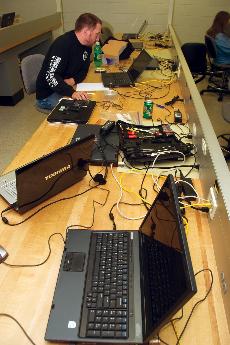
Emily Ilk zeroing in on the perfect shot. (Alexis Scheel)
(Myles Thacker )







